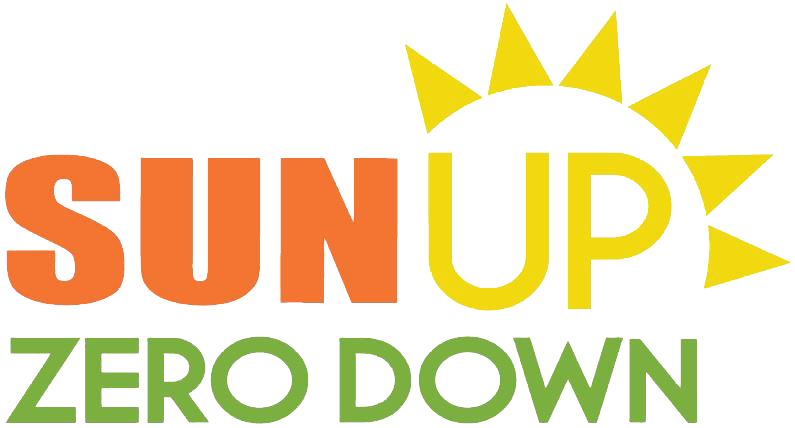As the demand for clean and renewable energy sources continues to rise, many homeowners are considering installing solar panels on their properties. However, a common question that arises is whether solar panels are compatible with their homes. Here, we will explore the factors that determine the compatibility of solar panels with different types of homes. By the end, you will have a better understanding of whether your home is suitable for solar panel installation.
Roof Type and Orientation:
One of the primary factors that determines solar panel compatibility is the type and orientation of your roof. Ideally, roofs with a south-facing orientation receive the most sunlight throughout the day, maximizing the energy production of solar panels. However, east and west-facing roofs can still be viable options, especially if they receive a significant amount of sunlight. Additionally, the material and condition of your roof play a role in determining whether it can support the weight of solar panels.
Shading and Obstructions:
Shade from nearby trees, buildings, or other obstructions can significantly impact the performance of solar panels. It’s important to assess whether your property experiences prolonged periods of shade, as this can reduce the efficiency of your solar energy system. However, advances in technology, such as micro-inverters and power optimizers, can mitigate the effects of shading, making solar panels a viable option for homes with some shading challenges.
Structural Integrity:
Before installing solar panels, it’s important to ensure that your home’s structure can support the additional weight. Most modern homes are designed to accommodate solar panel installations, but older homes may require reinforcement. A professional solar panel company will conduct a thorough assessment to determine the structural integrity of your home and make any necessary modifications to support the solar energy system.
Available Space:
The available space on your property also plays a role in determining solar panel compatibility. While rooftop installations are the most common, ground-mounted systems are an alternative for properties with ample space. If you have a large backyard or open land, ground-mounted solar panels can be a great option. It’s important to consider local regulations and restrictions regarding setbacks and aesthetics when exploring ground-mounted options.
Solar panels are compatible with a wide range of homes, as long as certain factors are considered. The type and orientation of your roof, shade and obstructions, structural integrity, and available space all contribute to determining the suitability of solar panel installation. If you’re unsure about the compatibility of your home, it’s best to consult with a reputable solar panel company. They will assess your property and provide expert advice tailored to your specific situation.
Embrace the opportunity to harness clean, renewable energy for your home. Contact Sun Up Zero Down today to learn more about solar panel compatibility and start your journey towards a sustainable future.

